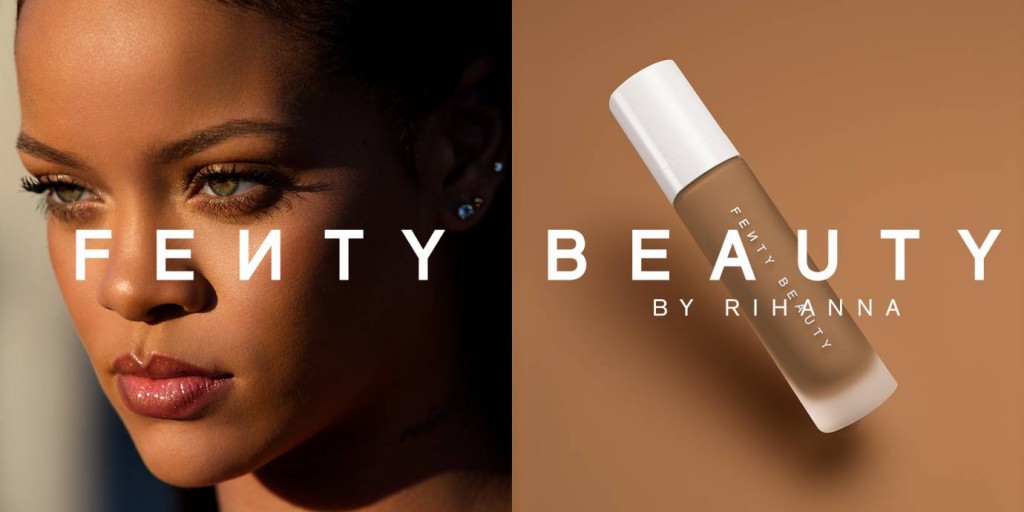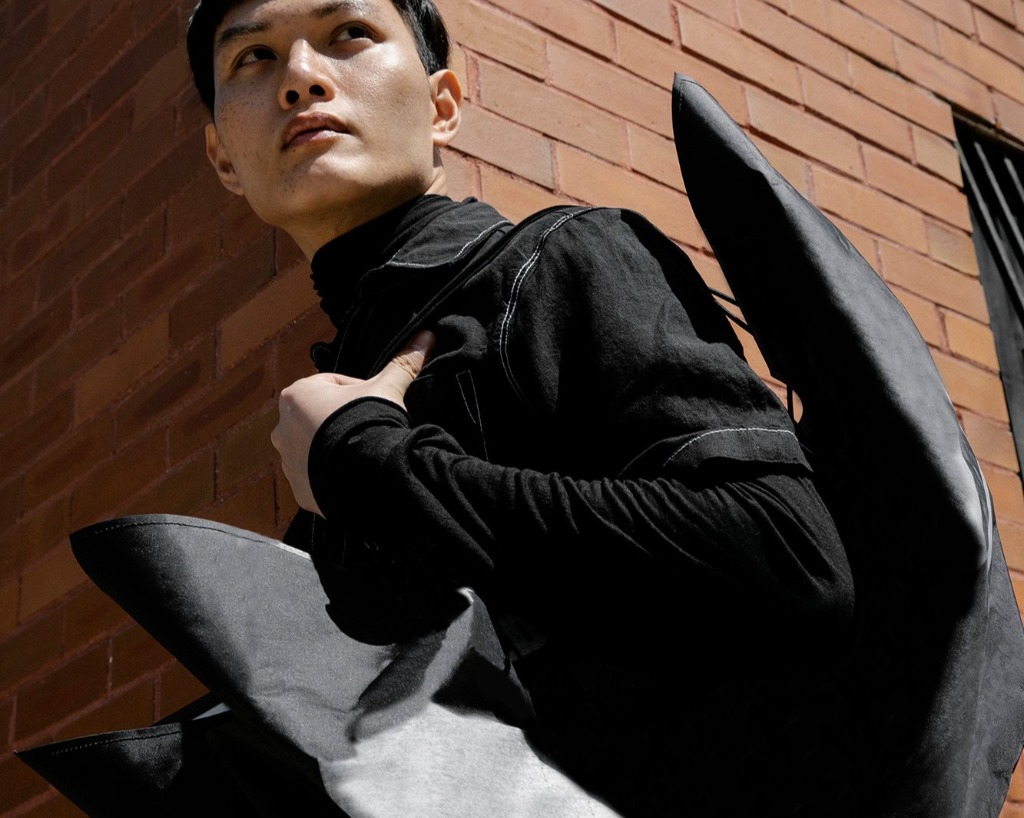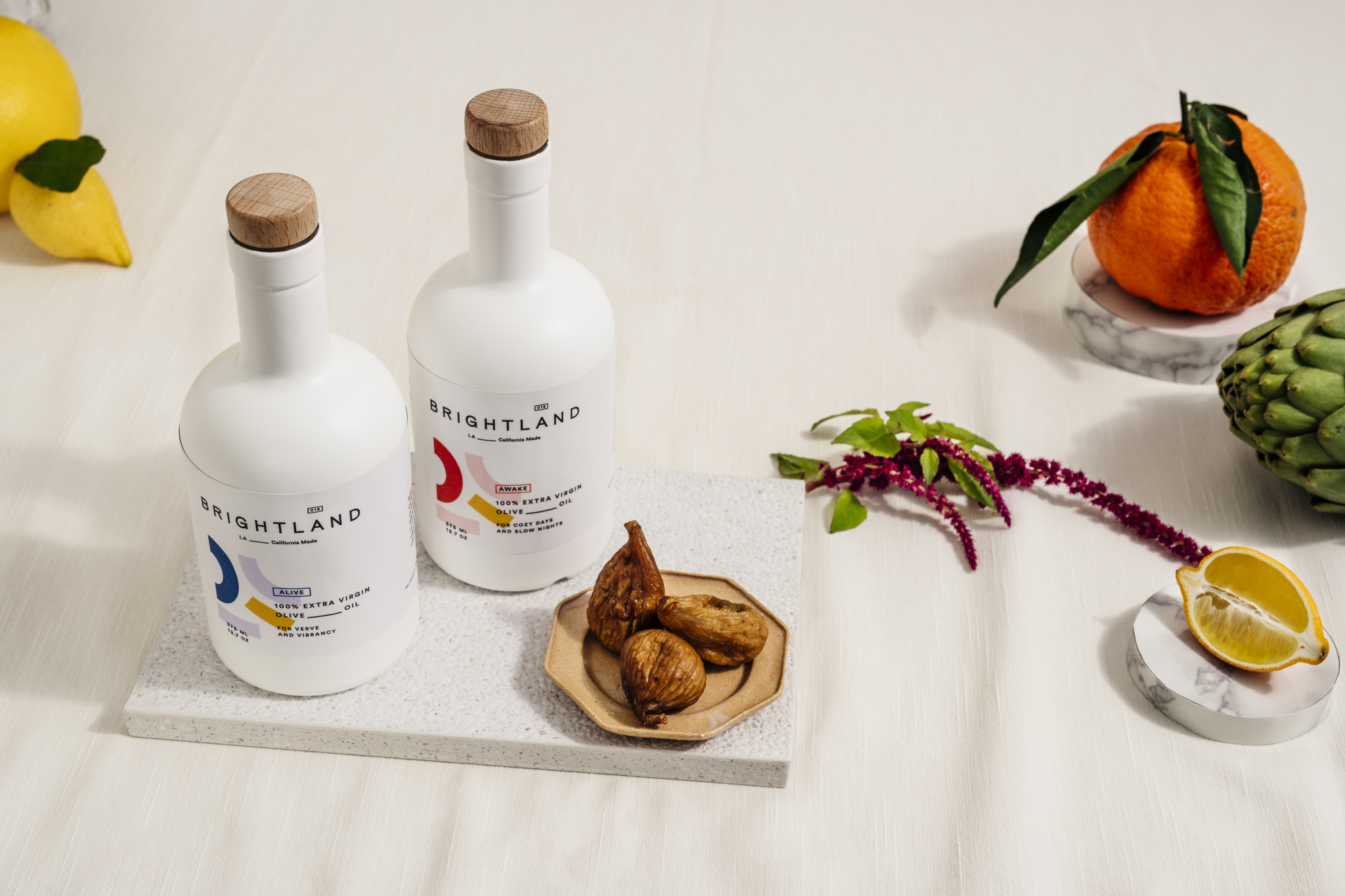Ana Andjelic: “Entrepreneurial Rihanna is having a moment. And strange as it might sound, it’s got zero to do with her music.”
NEW YORK — By the looks of it, Rihanna is having a moment — and, strange as it might be to hear, it’s got nothing to do with her music.
At New York Fashion Week this month, her Savage x Fenty lingerie show featured models of all shapes and colors, musical performances by Halsey, DJ Khaled and others, plus Rihanna herself prancing atop an elevated cube.
Financially, things are perhaps looking even sexier: Savage x Fenty recently raised an additional $50M in funding, and in the process became a new member of the already successful Fenty Beauty umbrella, which, according to Forbes, has already generated an incredible $570M in revenue — after just 15 months of operation.
That figure is staggering, but it’s important to unpack what’s led up to this. To be sure, it would be way too easy to credit social media for the swift and convincing rise of the Fenty empire. But doing so would suggest that any influencer or celebrity could build a culturally relevant and successful brand. That’s simply not the case.
Yes, it’s true that social media makes it easier than ever to attract an audience and build wide reach. But remember: The barriers to entry are also incredibly low, and the floor is littered with the bones of far too many short-lived celeb endeavors to count. A myopic focus on social media as the only growth explanation ignores the complex web of other factors that help to explain the rise and prominence of the Fenty brand collective.
First, we simply can’t discount the impact of mass media here. Rihanna, like Kylie Jenner, enjoyed a prolonged period of global mass media exposure before launching any of her brands. Even now, there is still nothing more impactful than mass media. Make no mistake, it’s provided a substantial shortcut to building Fenty’s subsequent social media reach and audience.
Second, social progressivism is in, and Fenty brands all benefit greatly from a strong female entrepreneurship narrative. As a female founder, Rihanna is bold, outspoken, unquestionably independently-minded. People wholeheartedly root for her to succeed, and with genuine gusto.
She’s also, very importantly, inclusive of modern beauty standards. Fenty, in large part, was created for consumers who’ve traditionally been overlooked by corporate beauty brands. This positioning has successfully extended the appeal of the brand beyond Rihanna herself. If we were to contrast, Kylie Cosmetics tightly revolves around Kylie, making hers more vulnerable to the winds of pop-culture popularity and the fickleness of celebrity.
Lastly, product innovation has been a core principle for the brand. Fenty Beauty’s tagline, “Beauty for All”, is a strong social statement that’s underpinned by product innovation. The brand, for example, delivers over fifty shades of foundation, something that’s unheard of in the beauty industry. Mirroring Rihanna’s fashion shows, the advertising is also notably diverse, featuring models of all colors, genders, and sexual orientations. All of this taps right into the cultural inclusivity zeitgeist, further reinforcing it.
This commotion hasn’t escaped the attention of luxury’s Big Three conglomerates — especially LVMH. If their recent collaborations are any indication, LVMH has been very eager to reach the Instagram generation, having teamed up with popular brands of that demographic. Let’s not forget: Previously on cease-and-desist order by Louis Vuitton, Supreme eventually went on to release a full range of products, from skateboards to punching bags to luggage — in full partnership with Louis Vuitton.
The Fenty partnership makes total sense in that light then. Bringing Rihanna into the LVMH fold is a strategy with the present and the future both equally in mind. It’s an acknowledgement of Fenty Beauty’s remarkably rapid growth.
What this illustrates, is that in the age of social media, for enduring appeal you need, well, something more than social media. Rihanna is smart to have a diverse product portfolio, to stand for and represent something beyond celebrity (which can ultimately undo a brand like Kylie Cosmetics, whose growth has already slowed down), and to constantly put forward a fresh perspective in both advertising and business model.
Social media certainly allows celebrities to speak directly to consumers, and build a personal relationships at scale. There’s no question there. In beauty, this is especially true. Like fitness, it’s a passion industry, and everyone has an opinion on something, and advice to give. The barriers to engagement are low, and the sense of community is high.
There are inherent risks to this degree of audience proximity, however, particularly when it comes to “cancel culture”. Celebrity brands are so closely tied to their founders that their every misstep is noticed immediately — and responded to en masse. In beauty, this can be deadly.
But by making Fenty Beauty inclusive from day one, Rihanna has, in many ways, successfully insulated herself from that risk.






